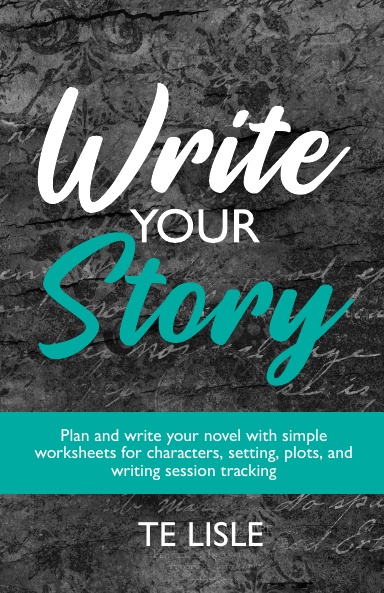One thing that people have trouble with when they start a project is whether they want to make their story into a series or a stand alone. There’s a lot to consider, from the size of the story you want to tell to what you ultimately want to do with it when you’re done.
Definitions
What is a standalone?
A standalone novel is a single novel with a beginning, middle, and end of a story. If you read just this one book, you could be satisfied that you knew everything about the story that you needed to know. All the major mysteries and plots wrap up, though there may be a few dangling questions at the end.
What is a series?
A series is multiple books that tell a story. Usually each individual book contains a beginning, middle, and end, but the story from book to book may feel somewhat incomplete. These stories usually have an overarching plot that does not get wrapped up until the final book and the story does not have a satisfying conclusion until the reader has gotten through all volumes.
Which should I write?
That depends on your story! There’s a lot of considerations when it comes to determining how to tell your story, even down to how many volumes it could be. Some things to think about are:
How complicated is your story?
The more complicated a story is, the more likely it is you will want to tell it as a series. If you have a lot of subplots or character perspectives that you would like to explore, then you may want to make the story longer so that you have the time to go into everything.
How long is the draft?
Sometimes it’s just a matter of sheer length. If your book is really long, it might be best to cut it up into smaller pieces, just so that your audience can take a rest and not be so intimidated by the sheer size of the book you’ve created.
Do you have multiple endings?
In a series, there tend to be individual book arcs as well as the overarching plot. If you have several end points where a number of plots are resolved, those might be good points in which you can split your work into a series. If you do not have these break points, then it is probably best to keep everything together.
What do you want to do with it?
The publishing question. Do you want to publish it and if so, do you want to do so traditionally or indie?
Traditional houses are currently leaning towards taking standalone novels, sometimes standalone novels with series potential. So if you have a standalone, that might be a good route.
If you are going to indie or self publishing route, series tend to do better in that market.
What I did
I am a series writer. I have tried to write standalone novels, but it just doesn’t work out very well for me and I end up writing more. White Noise was supposed to be one book that turned into a trilogy a few years. City Without Heroes hit that point in the middle where it just didn’t feel write keeping that as one book.
But ultimately, it is your story and up to you. So which are you writing?

Write Your Story: Unlock Your Creative Potential
Are you ready to embark on a journey into the world of storytelling? Look no further! Introducing Write Your Story, a comprehensive resource designed to fuel your imagination, enhance your storytelling skills, and bring your characters to life. Whether you’re an aspiring writer, a seasoned author, or simply someone who loves crafting stories, this workbook is your ultimate companion.
This Workbook Contains:
- Story planning spreads
- Setting and location spreads
- Character spreads
- Writing session tracker